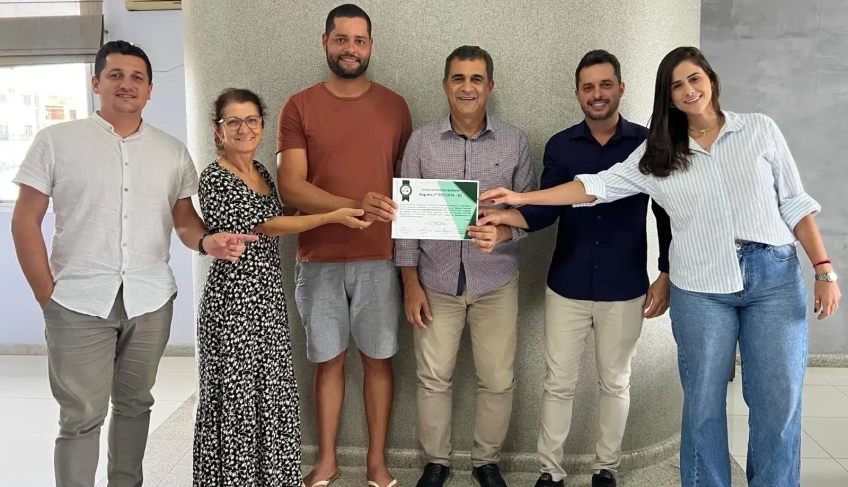Demystifying coaching: What is it really? Who is it for?

Summary Coaching is a structured process of personal and professional development, led by a coach, who helps the coachee achieve goals through self-knowledge, reflection and action, but should not be confused with therapy, mentoring or consulting.
The term coaching, of English origin, where "coach" means trainer or instructor, refers to a methodology for personal and professional development and training. Essentially, coaching is a structured process led by a professional, the coach, that aims to help a client, the coachee, improve their performance and achieve defined goals and objectives.
The coaching process works as a partnership focused on the future and action. The main pillar is a focus on objectives. The coach helps the coachee define clear, specific, measurable, realistic, and time-bound goals. From there, the process unfolds through structured sessions, where the coach uses powerful questions and specific tools.
The coach's role is not to give advice, guide, or deliver ready-made solutions. They act as a facilitator, encouraging the coachee's self-awareness and reflection so they can find their own answers, strategies, and create action plans. The coachee is responsible for executing these plans and, consequently, achieving results.
Who is coaching for?Coaching is not limited to a single area and, therefore, is divided into several specialties, meeting a wide range of needs:
• Personal Coaching or Life Coaching: Focused on personal life challenges, such as improving relationships, increasing self-esteem, discipline, well-being, finances and the search for a more balanced life.
• Career Coaching: Aimed at professional development, helping the coachee define and achieve career goals, such as promotion, transition or leadership development.
• Executive Coaching: Aimed at leaders and professionals in management positions, seeking to improve leadership skills, team management and high performance in large companies.
• Business Coaching: Takes place within companies, focused on developing employees and teams to improve productivity, the organizational climate and achieve corporate goals.
Coaching is not a magic formulaIt's crucial to demystify the idea that coaching is a miracle solution or a magic formula for instant success. On the contrary, it's a process that requires dedication, discipline, and commitment to action on the part of the coachee. Be wary of any promise of immediate, effortless results.
While coaching is a powerful tool for transformation, it doesn't replace other areas of human development. It's crucial to understand the distinctions:
• Different from Therapy: Coaching is future-oriented and action-oriented, focusing on the client's current goals. Therapy, on the other hand, looks to the past to understand the present and address emotional issues and limiting patterns.
• Different from Mentoring: The mentor shares their experience and knowledge to advise the client. The coach, in turn, does not advise, but facilitates the coachee's self-discovery.
• Different from Consulting: The consultant provides ready-made solutions and answers to a problem. In coaching, the client constructs their own answers with the support of the methodology.
Coaching is a structured process with a beginning, middle, and end that enhances an individual's self-knowledge, discipline, and capacity for action, leading them to achieve concrete results and promote real transformation in their personal or professional life. Its success lies not in magic, but in the consistent action of the coachee and the ethical and profound guidance of the coach.
(*) Homework inspires transformation in the world of work, business, and society. Created by Compasso, a content and connection agency.
terra





